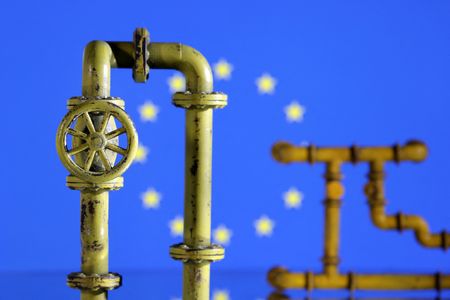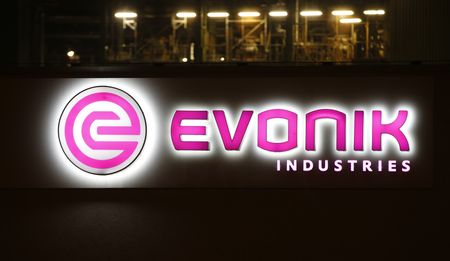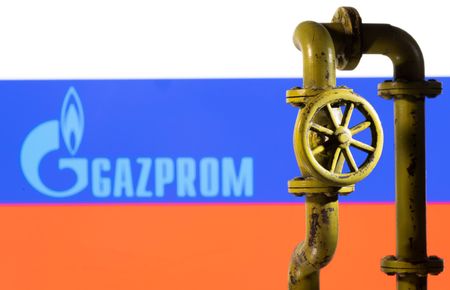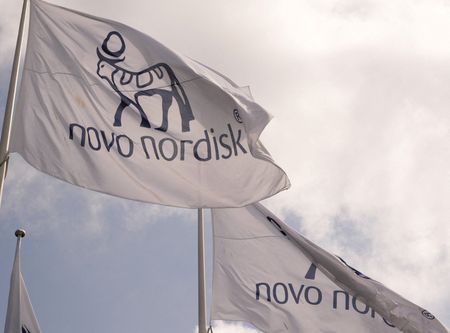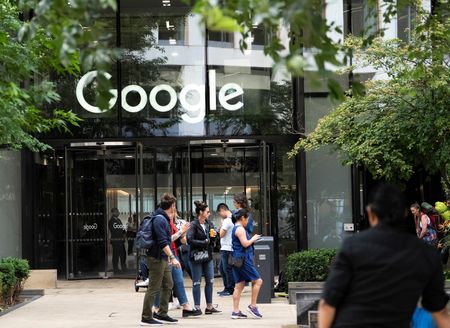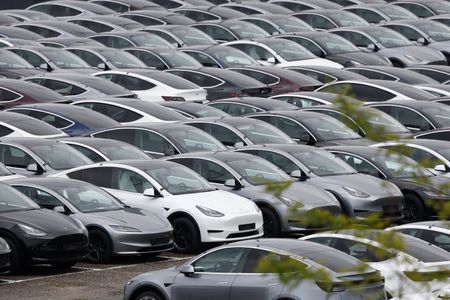By Kate Abnett
BRUSSELS (Reuters) -The European Commission could pool demand from European companies to buy more U.S. liquefied natural gas, as part of its efforts to reach a pledge to buy $250 billion in U.S. energy per year, it said on Thursday.
Under a framework trade deal the U.S. and EU agreed on Sunday, the European Union agreed to increase its purchases of U.S. energy to $750 billion over the next three years. Analysts have said that is unrealistically high.
The Commission has said it will remain up to private companies to choose where they buy energy, but that it was considering pooling European buyers’ demand to match it with U.S. supplies.
“We are ready to do that,” a Commission spokesperson told reporters on Thursday.
“At the moment, we don’t have any decision on a dedicated Aggregate, but this can be done very speedily, if there’s a need and interest,” the spokesperson said.
“AggregateEU” is the EU’s scheme to pool companies’ demand for gas, which it launched in 2022 to attempt to replace Russian fuel with alternative supplies in response to the Ukraine war.
A round of this scheme targeting U.S. LNG could be organised as soon as September, if needed, the Commission spokesperson said.
The $750 billion energy deal covers EU purchases of U.S. oil, LNG and nuclear fuel and technologies.
Analysts said this number was higher than U.S. energy exports would realistically allow – and that the EU’s oil and gas demand is expected to decline, as the bloc shifts to clean energy to meet climate targets.
The Commission has said the U.S. deal will not undermine its climate targets, which include legally binding commitments to cut emissions by 2030 and 2050.
“This will have no impact on our decarbonisation targets, none whatsoever. The agreement is for three years, three years only,” the spokesperson said on Thursday.
However, the Commission said in a factsheet published on Wednesday that it could match EU companies with U.S. LNG supplies for a longer period – from 2025 until 2050.
(Reporting by Kate Abnett, editing by Bart Meijer and Barbara Lewis)

